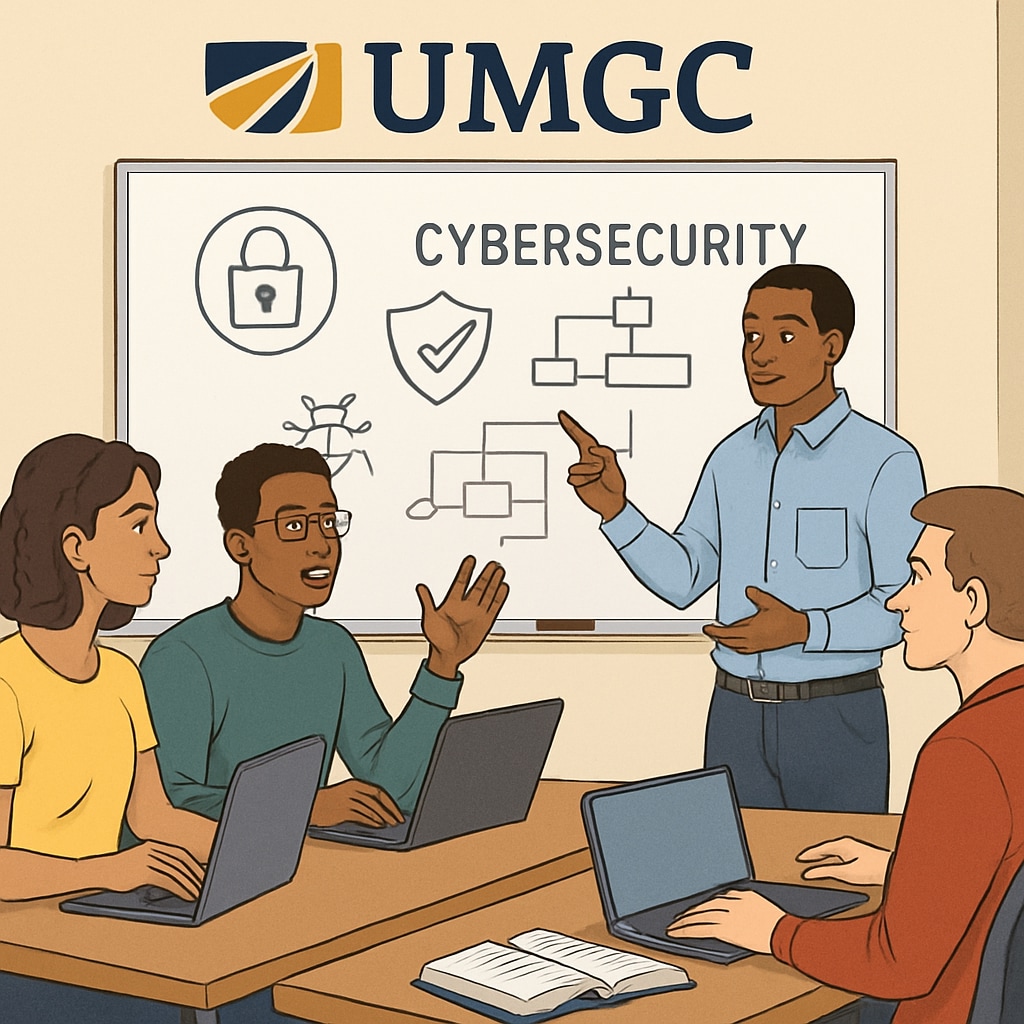The intersection of university selection, employment impact, UMGC, and cybersecurity education has become a critical topic in today’s digital era. As demand for skilled cybersecurity professionals continues to rise, students and parents find themselves grappling with the decision: Should they prioritize a university’s reputation or focus on practical career-readiness programs? This article examines how university reputation influences employment in cybersecurity and offers insights into balancing academic prestige with real-world skills.

Understanding the Role of University Reputation in Cybersecurity Careers
University reputation often serves as a shorthand for quality in education. Highly ranked institutions are perceived to offer superior resources, experienced faculty, and a strong alumni network, which can be advantageous for students. However, in the fast-paced cybersecurity industry, employers increasingly value practical skills and certifications alongside a degree. For example, while a degree from an Ivy League university might open doors, hands-on experience with tools like penetration testing software or certifications such as CompTIA Security+ can make candidates stand out during recruitment.
According to a Britannica article on cybersecurity, the field’s rapid growth has led to a skills gap, prompting companies to prioritize candidates who can demonstrate technical proficiency. A university’s reputation can only take graduates so far without relevant skills to back it up.
UMGC: A Case Study in Balancing Reputation and Practical Skills
The University of Maryland Global Campus (UMGC) is a prime example of an institution blending academic rigor with career-focused education. UMGC’s cybersecurity programs emphasize hands-on learning, real-world case studies, and industry certifications, making its graduates highly attractive to employers. While UMGC may not boast the elite reputation of traditional Ivy League schools, its practical approach to cybersecurity education often rivals more prestigious universities in terms of employment outcomes.
Students considering UMGC can benefit from its focus on accessibility and affordability, as well as its integration with industry standards. For example, UMGC collaborates with government agencies and private sector leaders, ensuring that its curriculum aligns with current cybersecurity challenges and trends.

Striking the Balance: Factors to Consider When Choosing a University
When selecting a university for cybersecurity studies, students should weigh several factors beyond reputation:
- Curriculum Relevance: Does the program include up-to-date topics such as cloud security, ethical hacking, and artificial intelligence?
- Hands-On Learning Opportunities: Are internships, labs, or real-world projects integrated into the coursework?
- Industry Connections: Does the university have partnerships with cybersecurity firms or government agencies?
- Cost vs. Return on Investment: Is the tuition reasonable compared to the potential salary in cybersecurity roles?
- Certifications: Does the program offer pathways to certifications like CISSP (Certified Information Systems Security Professional) or CEH (Certified Ethical Hacker)?
Balancing these considerations can help students make informed decisions that align with their career aspirations. For example, choosing a university like UMGC might be ideal for students seeking practical skills and certifications rather than exclusively relying on academic prestige.
Final Thoughts: Reputation vs. Career Readiness
While university reputation plays a role in shaping networks and initial job opportunities, the cybersecurity industry places a premium on skills and adaptability. Institutions like UMGC demonstrate that blending practical education with academic integrity can offer students the best of both worlds. Ultimately, the decision should be guided by individual career goals, financial considerations, and the desire for hands-on experience.
In conclusion, students exploring the intersection of university selection, employment impact, UMGC, and cybersecurity should aim to strike a balance between reputation and skill-building. By considering all aspects of educational offerings, they can position themselves for success in an ever-changing digital landscape.


